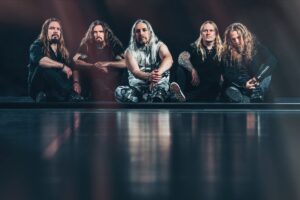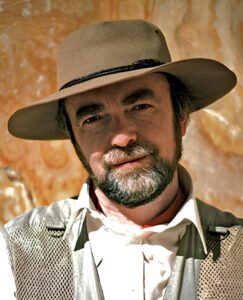THIS TWISTED WRECKAGE – The Fáshiön And Other Stories
9 min read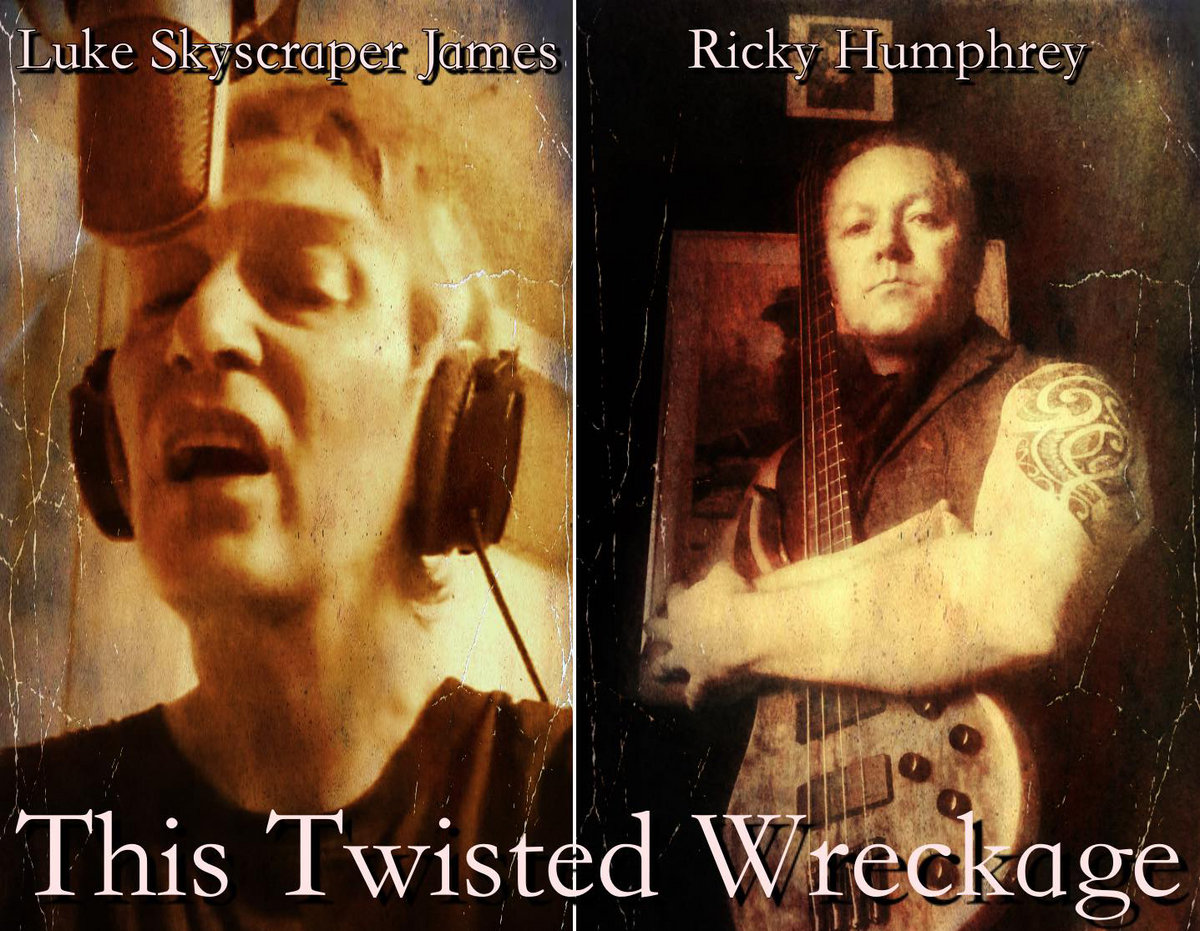
Interview with Luke Skyscraper James.
- Which was the vision and the goals of the band Fáshiön during the 1979-1980 period?
Luckily we had a large fan base right from the early days thanks to postering campaigns and word of mouth – there was no Internet in 1978! Each show we played the number of people coming to see us seemed to double, people liked us, then loved us – until eventually Miles Copeland, manager of a then unknown band called The Police, heard us and offered to repress more copies of the single, finance an album, and get us London shows. We paid the gangsters back the loan for our first single and so still had our kneecaps intact.
In the UK there was an explosion of new music and bands in the late 1970’s. Fáshiön were one of the first bands to decide to be our own record company so we could have total artistic control. As we were all unemployed at that time, this meant borrowing the money to record and press our first single “Steady Eddie Steady/Killing Time”. We borrowed money from a local gangster family and had to pay it back plus interest quickly. We hand assembled the picture sleeves, stuck the labels on the discs ourselves, and started selling them at local Birmingham record stores and at our gigs.
We were suddenly touring the UK with punk poet John Cooper Clark, then The B52s, Squeeze and playing shows with bands like The Cramps, Alternative TV, The Police, The Skids, and The Tubes. Duran Duran’s first ever gig with Simon LeBon singing was opening for Fáshiön.
Then we went to the USA to tour twice with The Police, also playing shows with John Cale, The Ramones, Gang of Four, and Patti Smith. We came back to the UK to do a club tour with a then unknown band from Ireland called U2.
So at that time, our trajectory seemed to be global domination by creating radically different music that included diverse styles, often within the same song. We were the only band that blended together techno, reggae, and punk.
2. Why did you leave the band?
Basically it was because I was disillusioned with the music business. I had nowhere to live, no money, I was traveling, playing shows that paid just enough to eat and buy a hotel room. This was because all of the money Miles Copeland made from his stable of support bands for The Police was being ploughed back into promoting The Police. Once on tour at a soundcheck in Kansas, I heard Miles tell Sting they were going to have to spend another $250,000 promotion to get Message In A Bottle into the US charts. I think I had about $58 in my pocket, in the world, at that moment. Not only was I disillusioned with the music business, but also the relentless and frustrating pursuit of fame had exhausted me. I wanted to play music and not be in the music business. So in June of 1980 I just walked away.
And ever since I’ve been happily playing music with many bands over the years, not trying to be famous, just play music. It’s my passion in life.
3. Do you hold the rights of the band’s back catalogue and is there any label interest in re-issues of your old material?
Yes, I share the rights to the band’s back catalogue with the other two members of the band and the band’s producer and soundman, Miki Cottrell..The album Product Perfect is going to be re-released via Nashville-based Sundazed Records. It’s a limited edition of 500 vinyl copies. These will be pressed from the original studio tapes using all the original artwork, but also including additional liner notes A release date has not being confirmed yet but everything has been approved by me, and the album should hopefully be available early in 2021.
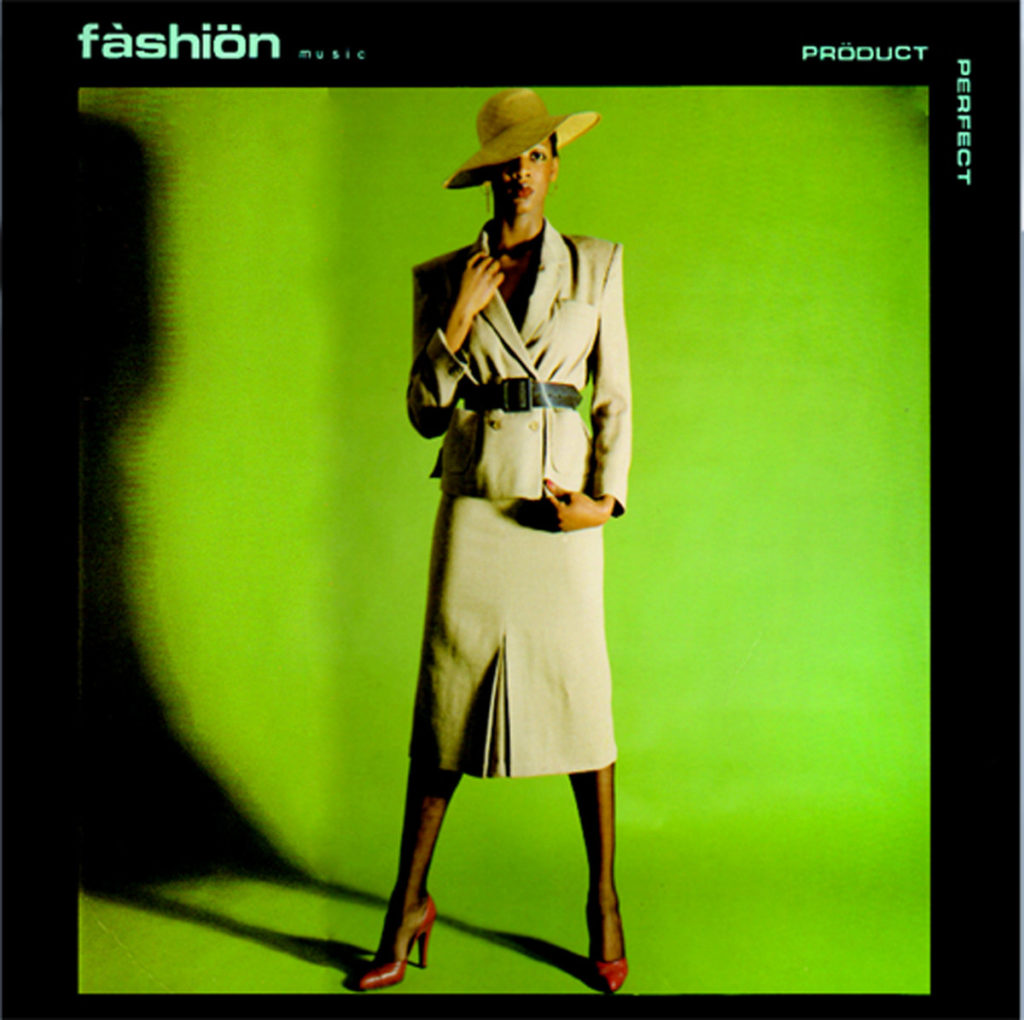
4. What do you remember from the Fáshiön tour with The Police in US?
I remember a great deal about both tours with The Police in the US. In fact, very graphic, tell-all, behind the scenes details can be found in my book Stairway to Nowhere available at lulu.com.
During our tours with The Police, Roxanne had already been a hit and Message in a Bottle was just starting to take off. So we played a mixture of small clubs and large concert halls. One thing I remember most is learning how to perform at the same level whether there was an audience of 150 or 15,000 people. I learned a lot of stagecraft from watching The Police play every night for many months. As well as opening shows for The Police we played gigs with a wide variety of other artists, such as The Cramps, John Cale, Patti Smith, and The Ramones. Full details, both gruesome and hilarious, can be found in my book Stairway to Nowhere.
5. How did you end up in California as a permanent resident?
When Fáshiön arrived in San Francisco towards the end of our 2nd tour, I had played shows in every major city in the USA, but when I first set foot on the streets of North Beach in San Francisco I was immediately struck by the powerful feeling of this being a very magical place. I felt I was somehow connected to San Francisco. We played two shows at the Mabuhay Gardens opening for SVT, Jack Cassidy the bass player from Jefferson Airplane’s punk band. I remember as we left to drive to LA to rejoin The Police tour, I had a very powerful feeling of needing to return to San Francisco. It took until 1988 for me to return, but I am a US citizen now and I still love the San Francisco Bay Area.
6. Where are the old Fáshiön members now?
Fáshiön producer Mickey Cottrell died of pancreatic cancer in 2000, and a couple of years later drummer Dik Davis also died. I’ve had no contact with John Mulligan since I left the band in 1980 but recently learned that he is working in a porno bookstore in London. I have no idea if he still plays music. Let’s just say we are not friends.
7. You have a new band called This Twisted Wreckage, please let us know about this collaboration.
This Twisted Wreckage came about because I heard a band called Ishkah and really liked their music. I was going through a phase of listening to bands like Dreadzone and Thievery Corporation.. Ishkah had some similarities to that style, chill trance music, and I was really impressed by the compositions. It was actually through Dave Harris, one of the guys who was the frontman in a later lineup of Fáshiön who introduced me through social media to Ishkah’s music composer, Ricky Humphrey. I was already collaborating online in two bands, with Eric S. Anderson for our band The Ghost of Luke James, as well as contributing to the East Coast indie, post-rock collective The Pull of Autumn with Daniel Darrow. So I asked Ricky if he would be interested in sending me one of his compositions. Listening to the up tempo track that he sent me, which became a song called Forgotten Summer, I immediately connected with his music. Lyrics and vocal melody spontaneously poured out of me. One of the most remarkable things about my collaboration with Ricky Humphrey is that we have an organic connection between the music he writes and the lyrics and melodies that his music inspires in me. This has happened on over 20 songs now, so it wasn’t a one-off fluke. This is a great source of musical joy to both of us. We have been releasing singles but hope to eventually release full albums.
8. The latest single of This Twisted Wreckage is called “Honesty”. The music style reminds me a lot of the Fáshiön, however from a fresh and modern perspective. Would you like to talk us about the recording of the song?
I think there is a definite parallel between the rare musical chemistry I felt with the guys in Fáshiön and the musical connection Ricky and I experience with This Twisted Wreckage. Fáshiön were social commentators. One of the themes that runs through the music and the lyrics of This Twisted Wreckage is that our music is almost the soundtrack for the current situation; the pandemic, political unrest, environmental crisis, the division of humanity. But, and this is really important to both of us, we inject elements of hope and optimism into the songs. We try not to paint entirely bleak pictures. What we’re trying to say is: look, this is how the world is now, but here’s how it might be fixed and the world could become a beautiful place for everyone to live.
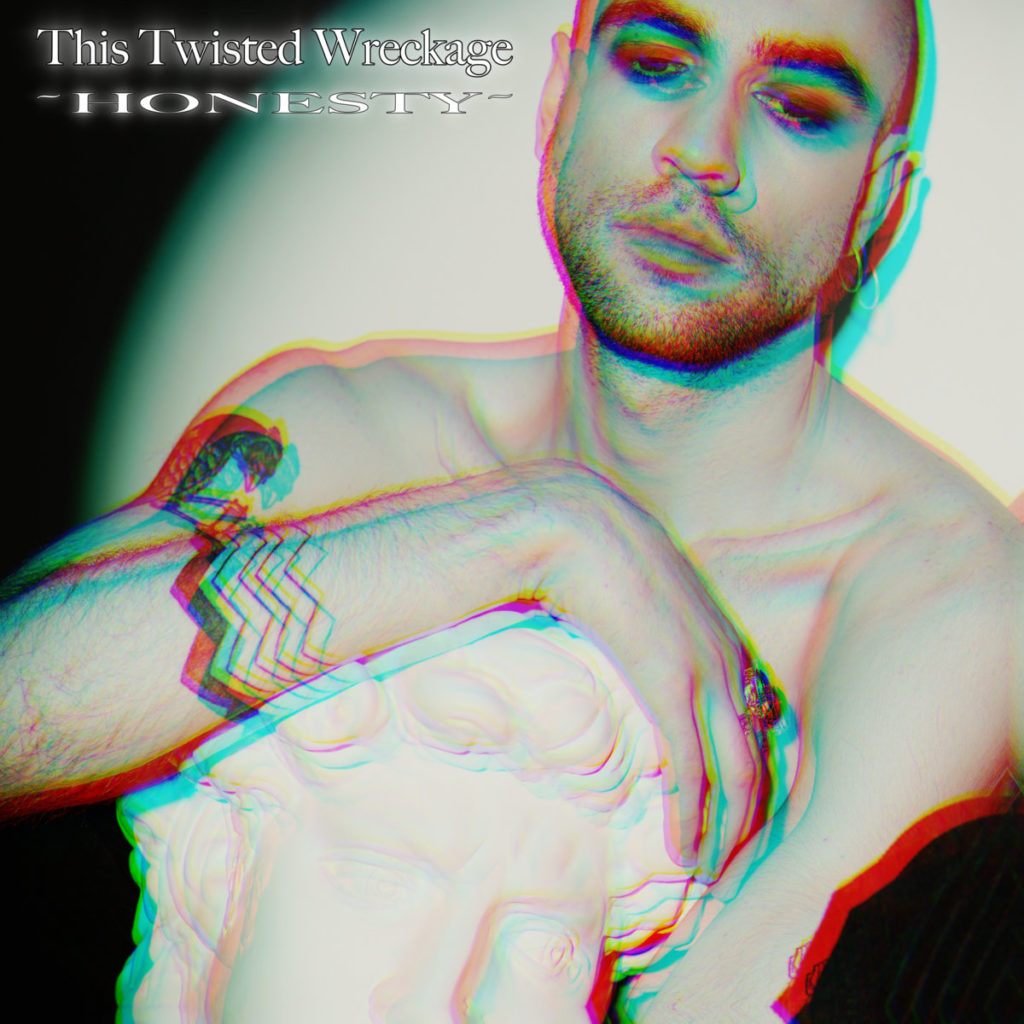
When Ricky sent me the music for “Honesty” I had just been lied to and betrayed by someone I trusted, and it occurred to me that one of the root causes of the world’s problems now is a lack of honesty. The lyric even says “It’s a simple proposition, I trust you and you trust me, and then we see where it takes us, this honesty”. I think the world right now needs more honesty, more transparency, and more trust.
9. What about the next plans of the band This Twisted Wreckage?
Well, we are writing songs at a pace that still surprises both of us. We also make our own videos, and as we have no record company or financial backing, these are homemade videos using very basic software and royalty-free clips.
YouTube: https://www.youtube.com/channel/UCMzUto3DnsKXVlJQsj0ba7Q
Facebook: https://www.facebook.com/ThisTwistedWreckage
Bandcamp: https://thistwistedwreckage.bandcamp.com/
So I guess we are true to the original do-it-yourself punk ethos, and that’s very important to me. Artistic satisfaction and control of what we produce is more important than money. If we ever do achieve any commercial success it will be with that important artistic integrity in place.
Even though I live in Northern California and Ricky lives in the south of England, we would both one day like to actually meet, we’ve never met in person, and play some live shows. Once the pandemic is over and live music returns. Yes, it’s a dream., I think a lot of things about our lives right now are dreams of things we look forward to, and how we hope things will be better in the future. And that hope is very much what This Twisted Wreckage are about
10. How did you manage to remain active in the music industry for so many years?
I’ve been playing and singing since I was 16 years old. At the age of 18, I decided that that was what I wanted to do with my life. I turned my back on a college education, something which didn’t go down well with my family at the time, and decided to pursue rock music full time. It took me 9 years to get a record deal.

But I’ve been luckier than many people, even without becoming world famous, I experienced things that many thousands of talented musicians never got to experience, so I’m very grateful for that.
When I left fashion in 1980 I effectively decided to leave the music business but I never left playing music. I’ve been in dozens of bands, as well as my solo work, some of which is available at: https://lukeskyscraperjames.bandcamp.com/
I will never stop playing music, I cannot ever stop playing music and singing, it’s so much a part of who I am, as much a part of me as breathing in and out. So even now, with the world in the state it’s in, and my age creeping up there, I still do whatever I can, whenever I can to continue to write, play, record and release music. That is something I’ll do until the last breath passes out of my body. And that, to me, is a life well lived.
Information:
https://www.facebook.com/LukeSkyscraperMusic/
https://thistwistedwreckage.bandcamp.com

